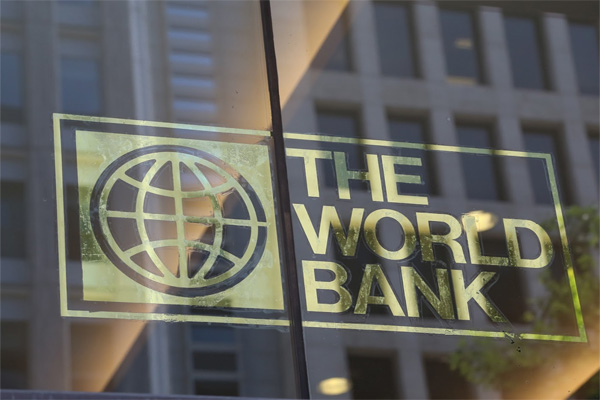
Coronavirus pandemic (COVID-19) could lead to an increase in the number of poor people in Central Asia
Tashkent, Uzbekistan (UzDaily.com) -- In early 2020, in the midst of an outbreak of coronavirus infection (COVID-19) in the Central Asian region, poverty reduction progress suddenly stopped, and the opposite trend is currently observed. The region faces a serious threat due to an unprecedented drop in oil and natural gas prices, large-scale disruptions in the services sector, a sharp drop in income from remittances from labor migrants and the most negative outlook for the development of the global economy over the past few decades.
“According to our forecasts, in 2020 the number of poor will increase by about 1.4 million people, based on the definition of the poverty line in lower-middle-income countries (3.2 US dollars per person per day), and by about 2.6 million people based on the definition of the poverty line in upper-middle-income countries (US$5.5 per person per day), said William Seitz, World Bank senior economist at a regional online briefing. “For the first time since the 2000s, there has been an increase in the share of the poor in all countries of Central Asia.”
Also, for the first time in more than two decades, there has been an increase in the global indicator of extreme poverty (the share of the population with an income of less than US$1.9 per day). The World Bank estimates that because of the coronavirus pandemic, between 70 and 100 million people could be below the extreme poverty line. This will erase all the achievements of the past three years in the fight against poverty.
The socio-economic consequences of the crisis are likely to be very serious, as it caused a decline in incomes, rising prices and disruption of social systems, especially health and education. In the Central Asian region, the COVID-19 pandemic has a particularly negative impact on the situation of self-employed, service workers and households dependent on remittances from abroad. Europe and Central Asia are forecasting the sharpest decline in remittances in the world (by 27.5%). Given the high dependence on remittances from Russia, this circumstance will exacerbate the negative effects of external shocks on the economies of the Kyrgyz Republic, Tajikistan and Uzbekistan. The share of remittances home to millions of foreign workers, many of whom work in the construction industry in Russia, account for up to one third of the GDP of the Kyrgyz Republic and Tajikistan. In the Kyrgyz Republic, in the first two months of 2020, the flow of remittances from labor migrants decreased by 9 percent compared to the same period last year.
The COVID-19 pandemic negatively affects the state of human capital in the region, and the negative consequences associated with this will become apparent in the long term. Due to the closure of schools, children lost a significant part of their educational opportunities, which led to a serious lag in school. The World Bank predicts that lagging behind is already equivalent to losing six months of study. For students who have experienced learning difficulties, there is a high risk of poor performance; many students may not return to school, which will increase the level of “educational poverty” and reduce the future productivity of an entire generation.
“In the context of this unprecedentedly deep crisis, the World Bank continues to support Central Asian countries with emergency measures to combat the pandemic and to restore the economy,” says Lilia Burunchuk, World Bank Regional Director for Central Asia. “The eradication of poverty and the provision of general welfare is our main task, and this is a “red thread” that goes through all our projects, the total amount of which in the region is US$9.6 billion, including over US$400 million allocated for emergency measures to the fight against the pandemic. "
In all countries of Central Asia, some of the most severe consequences of the crisis were mitigated by decisive action at the state level by providing financial support to vulnerable groups and enterprises. “We must remember that in most cases state support measures are temporary. In conditions of a significant reduction in budgetary opportunities and the second wave of economic consequences that will follow the global recession, such questions as the duration and extent of support for vulnerable groups of people remain open,” said William Seitz.
A group of World Bank organizations is quickly taking large-scale measures in support of the efforts of different countries to curb the spread of the COVID-19 pandemic and minimize its consequences, helping to strengthen the pandemic and public health systems. World Bank Group to provide US$160 billion in funding over 15 months